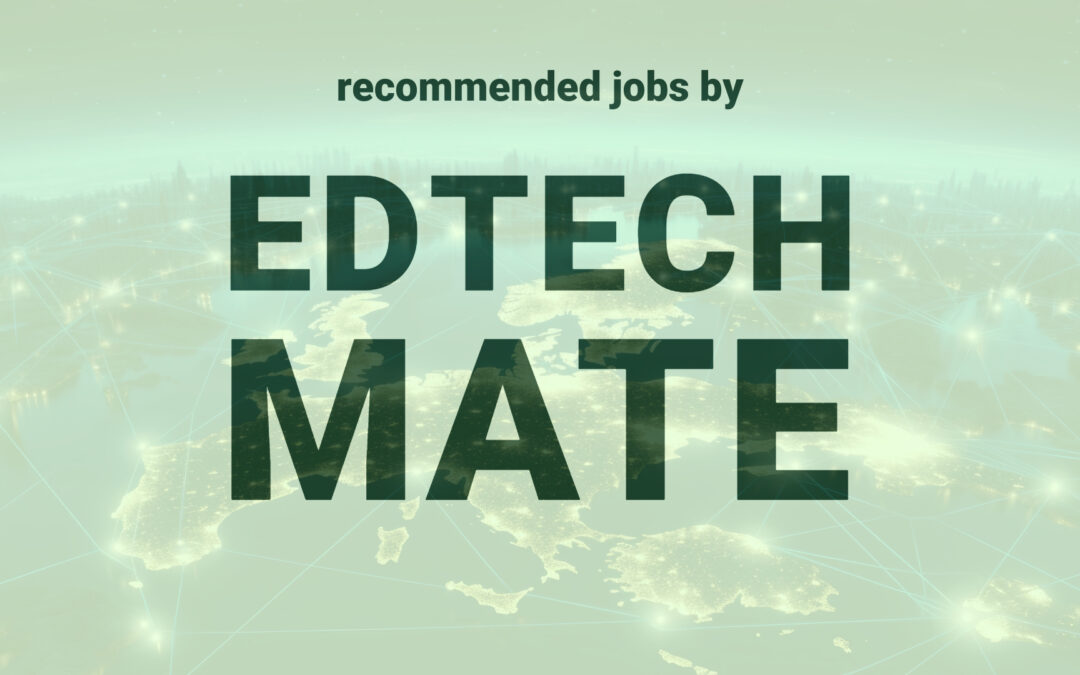Position Term: Funding for this position is initially secured for a duration of 5 years.
The Institute of Astronomy (IoA) at the University of Cambridge is globally recognized for its exemplary work in the field of data-intensive astronomy. Sharing its location with the interdisciplinary Kavli Institute for Cosmology, Cambridge (KICC), the IoA benefits from synergies with various research groups throughout Cambridge focused on complementary studies. In an era where machine learning is essential to deciphering vast, intricate astronomical datasets, these technologies are critical for tackling key scientific questions pertaining to the cosmos. To bolster this effort, the IoA has joined forces with the University Research Computing Service and the University of Cambridge Open Zettascale Lab (COZL) [https://www.zettascale.hpc.cam.ac.uk], dedicating resources towards specialist research software engineering support with three primary objectives:
1. Provide AI-focused training to researchers, equipping them with essential machine learning and AI capabilities for their investigative pursuits.
2. Drive a forward-looking research program that harnesses machine learning to address scientific questions of the contemporary era.
3. Cultivate a collaborative community where researchers at the convergence of machine learning and the sciences can exchange ideas and experiences, thus promoting the application of machine learning within various scientific domains.
Software development is a crucial asset encompassing modeling, simulation, and data analysis. Producing sophisticated software promises to enhance research scope, efficiency, dependability, replicability, and as a result, transparency. With these ambitions, we seek a skilled Research Software Engineer to steer and refine our software development culture.
The appointed Research Software Engineer will spearhead software development projects that permit the utilization of machine learning in scientific exploration. Through offering software engineering support, guiding research project development, and providing training and mentorship to researchers, the successful candidate will foster a standard of excellence in scientific programming within research activities. They will be a staunch advocate for the significant role of software engineering in machine learning research. Key responsibilities include:
– Instructing scientists on software engineering best practices and aiding in their implementation within research teams.
– Collaborating closely with scientists to define project scopes, collect requirements, and conceptualize software solutions.
– Co-developing software alongside scientific teams, which may involve enhancing existing codebases.
– Identifying and applying advances to augment application performance, longevity, and quality.
– Exhibiting a commitment to customer service excellence, with a keen emphasis on achieving high customer satisfaction.
– Engaging with the Institute’s research team to collate issues that inform the institution’s research agenda.
We invite applications from those interested in part-time or flexible work arrangements. The University supports a hybrid work model that includes both on-site and remote UK-based operations. This role mandates a presence at the University of Cambridge premises for at least 60% of contracted hours. Discussions regarding flexible work options are welcomed, and interested parties are encouraged to engage in dialogue prior to applying (via the contact details provided) or during the interview should their application advance.
To apply, click the ‘Apply’ button to register or access your recruitment system account and submit your application online. Kindly provide the contact information of three professional referees on the online form and upload your comprehensive CV, publication list, and a statement detailing your research/technical experience (maximum three pages, 11pt font size).
The deadline for applications is 23:59 BST on Sunday, 16th June 2024. Referees will be prompted to submit references by this date. With the applicant’s permission, reference requests may be made before the vacancy closes. Applicants should notify their referees that they will be contacted with instructions to upload references to the University of Cambridge recruitment system by the closing date.
Applications will undergo review following the deadline, and interviews are scheduled to commence in the week starting on 1st July 2024.
The start date for this role is negotiable but should be no later than October 2024.
For application-related inquiries contact: [email protected]. For informal queries, reach out to Professor Hiranya Peiris through her Executive Assistant, Sophie Hall, at [email protected].
Please include reference LG40978 in all communications regarding this vacancy.
The University is committed to fostering a culture of equality, diversity, and inclusion and strongly encourages applications from all societal backgrounds. The University of Cambridge values the diversity brought by its staff and students and warmly welcomes underrepresented groups to apply. The University’s active Equality and Diversity Committee persistently strives to realize the goals of the Athena SWAN charter. Numerous family-friendly policies and initiatives are in place, such as a returner scheme for carers, support for childcare expenses, on-campus nurseries, holiday play schemes for children, and a shared parental leave policy.
It is the University’s responsibility to verify that all employees are legally permitted to live and work in the UK

